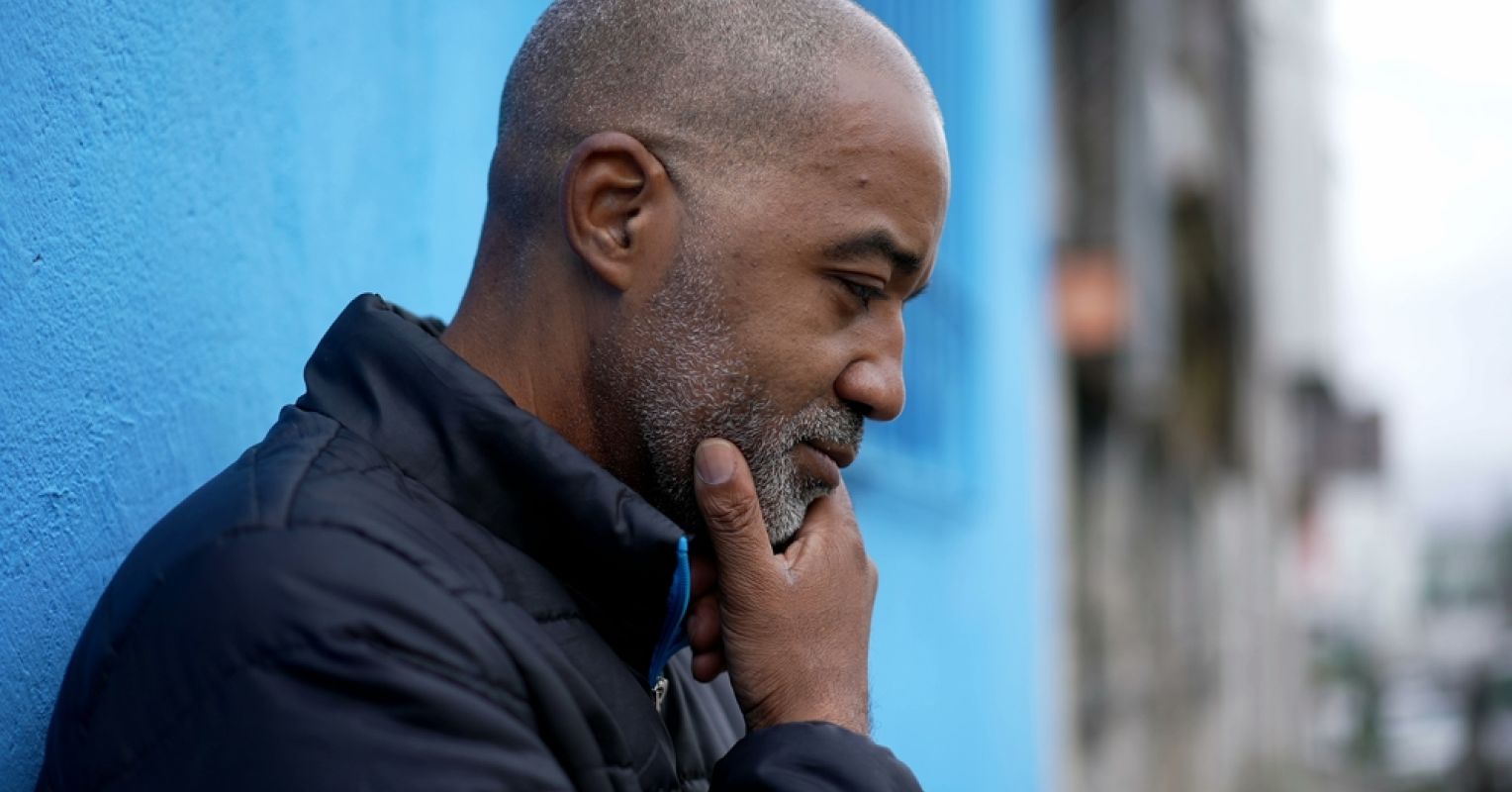
"As we age and experience the death of parents and peers, we become increasingly aware of our mortality. Such awareness may trigger anxiety and prompt preparations, such as writing wills and advance directives."
"Understanding our mortality can renew our zest for life, revitalize our spirituality, and reframe our priorities."
"Even young children realize that people die, but acknowledging 'one day, I will die,' solidifies in middle adulthood."
"Factors in midlife, such as the death of parents and peers, remind us that our bodies are aging, and our lives are finite."
Recognition of mortality becomes more pronounced with aging, especially through experiences like losing parents and peers. This growing awareness may induce anxiety, prompting individuals to prepare legal documents such as wills and advance directives. However, an acknowledgment of mortality can also lead to revitalized zest for life, a deeper spirituality, and a reframing of priorities. Children recognize death early, but true personal acknowledgment typically solidifies in middle adulthood. Factors such as the age of one's parents, personal aging, and peer mortality contribute to this realization.
Read at Psychology Today
Unable to calculate read time
Collection
[
|
...
]